

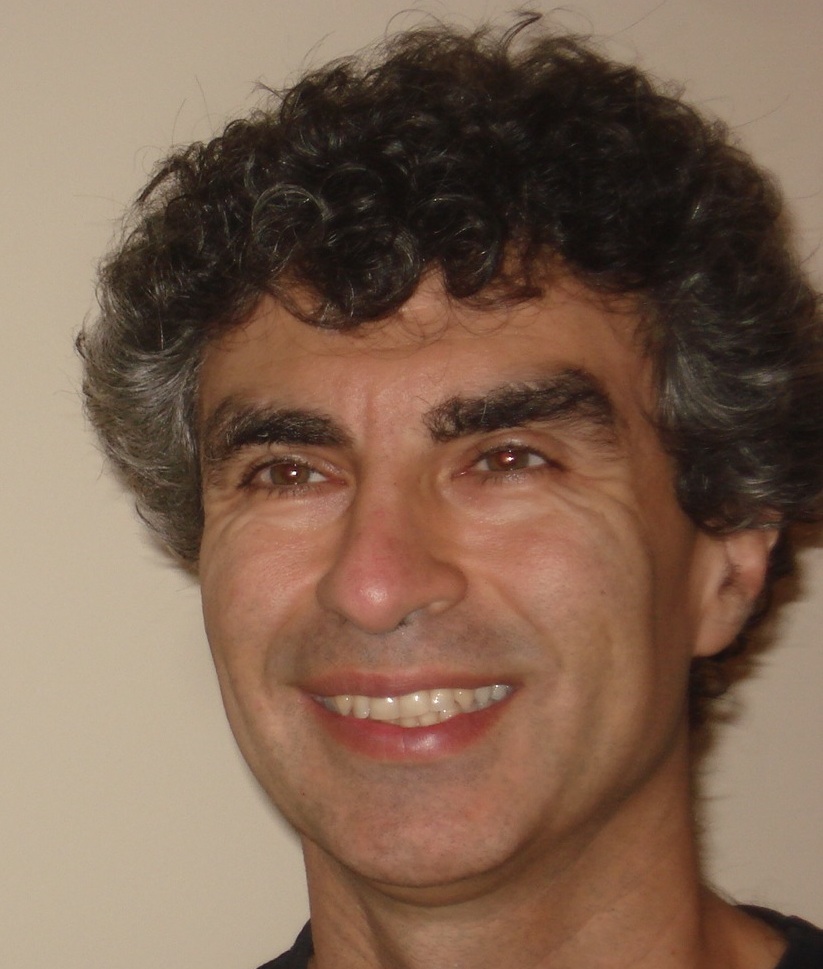
Yoshua Bengio received a PhD in Computer Science from McGill University, Canada in 1991. After two post-doctoral years, one at M.I.T. with Michael Jordan and one at AT&T Bell Laboratories with Yann LeCun and Vladimir Vapnik, he became professor at the Department of Computer Science and Operations Research at Université de Montréal. He is the author of two books and around 200 publications, the most cited being in the areas of deep learning, recurrent neural networks, probabilistic learning algorithms, natural language processing and manifold learning. He is among the most cited Canadian computer scientists and is or has been associate editor of the top journals in machine learning and neural networks. Since '2000 he holds a Canada Research Chair in Statistical Learning Algorithms, since '2006 an NSERC Industrial Chair, since '2005 his is a Fellow of the Canadian Institute for Advanced Research and since 2014 a co-director for the Neural Computation and Adaptive Perception program. He is on the board of the NIPS foundation and has been program chair and general chair for NIPS. He has co-organized the Learning Workshop for 14 years and co-created the new International Conference on Learning Representations. His current interests are centered around a quest for AI through machine learning, and include fundamental questions on deep learning and representation learning, the geometry of generalization in high-dimensional spaces, manifold learning, biologically inspired learning algorithms, and challenging applications of statistical machine learning.
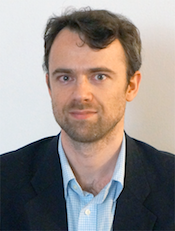
Rob Fergus is an Associate Professor of Computer Science at the Courant Institute of Mathematical Sciences, New York University. He is currently on leave from NYU, working as a Research Scientist at Facebook, working in their AI Research Group. He received a Masters in Electrical Engineering with Prof. Pietro Perona at Caltech, before completing a PhD with Prof. Andrew Zisserman at the University of Oxford in 2005. Before coming to NYU, he spent two years as a post-doc in the Computer Science and Artificial Intelligence Lab (CSAIL) at MIT, working with Prof. William Freeman.
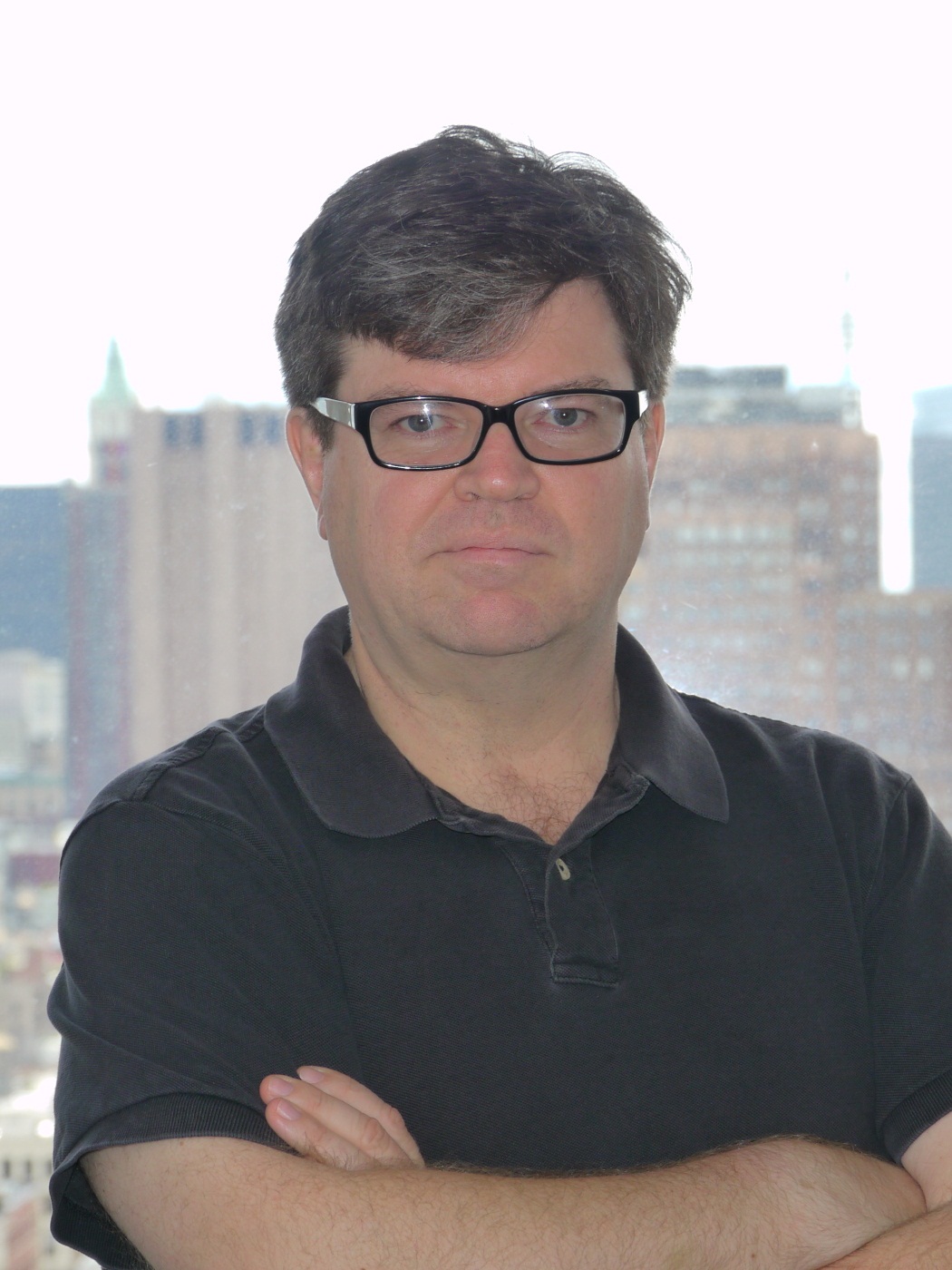
Yann LeCun received the Electrical Engineer Diploma from Ecole Superieure d'Ingenieurs en Electrotechnique et Electronique (ESIEE), Paris in 1983, and a PhD in Computer Science from Universite Pierre et Marie Curie (Paris) in 1987. After a postdoc at the University of Toronto, he joined AT&T Bell Laboratories in Holmdel, NJ in 1988. He became head of the Image Processing Research Department at AT&T Labs-Research in 1996, and joined NYU as a professor in 2003, after a brief period as a Fellow of the NEC Research Institute in Princeton. From 2012 to 2014 he directed NYU's initiative in data science and became the founding director of the NYU Center for Data Science. He was named Director of AI Research at Facebook in late 2013 and retains a part-time position on the NYU faculty.
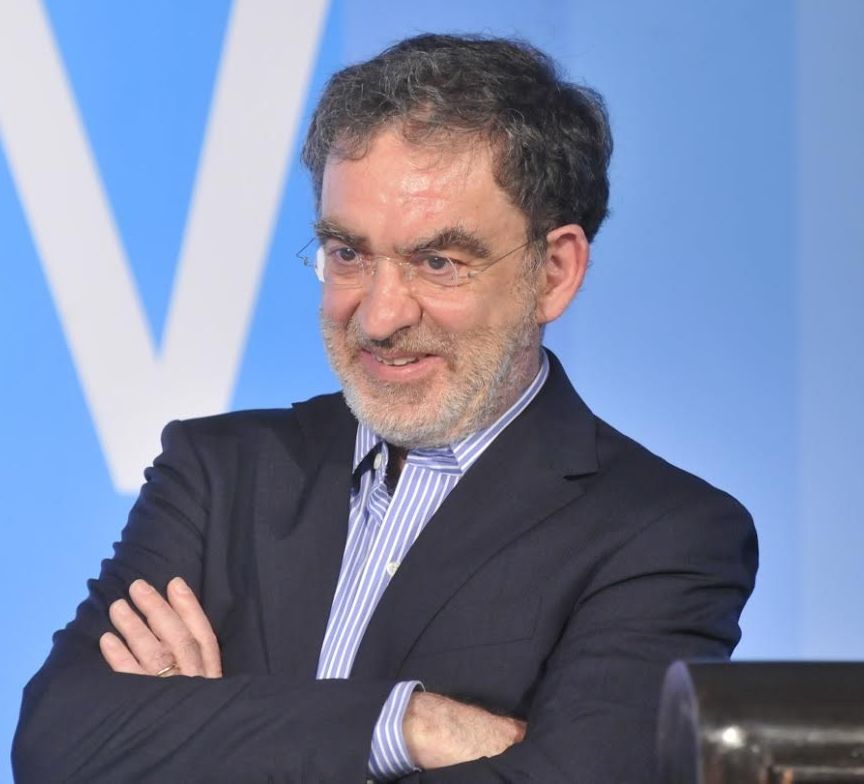
Tomaso A. Poggio is the Eugene McDermott Professor in the Dept. of Brain & Cognitive Sciences at MIT and the director of the new NSF Center for Brains, Minds and Machines at MIT of which MIT and Harvard are members among other Institutions. He is a member of both the Computer Science and Artificial Intelligence Laboratory and of the McGovern Brain Institute. He is an honorary member of the Neuroscience Research Program, a member of the American Academy of Arts and Sciences, a Founding Fellow of AAAI and a founding member of the McGovern Institute for Brain Research. Among other honors he received the Laurea Honoris Causa from the University of Pavia for the Volta Bicentennial, the 2003 Gabor Award, the Okawa Prize 2009, and the AAAS Fellowship. He is one of the most cited computational scientists with contributions ranging from the biophysical and behavioral studies of the visual system to the computational analyses of vision and learning in humans and machines. With W. Reichardt he characterized quantitatively the visuo-motor control system in the fly. With D. Marr, he formulated the seminal idea of levels of analysis in computational neuroscience. He introduced regularization as a mathematical framework to approach the ill-posed problems of vision and the key problem of learning from data. In the last decade he has developed an influential quantitative model of visual recognition in the visual cortex. The citation for the recent 2009 Okawa prize mentions his "...outstanding contributions to the establishment of computational neuroscience, and pioneering researches ranging from the biophysical and behavioral studies of the visual system to the computational analysis of vision and learning in humans and machines." His research has always been interdisciplinary, between brains and computers. It is now focused on the mathematics of learning theory, the applications of learning techniques to computer vision and especially on computational neuroscience of the visual cortex. A former Corporate Fellow of Thinking Machines Corporation, he was a director of PHZ Capital Partners, Inc., and was involved in starting, or investing in, several other high tech companies including Arris Pharmaceutical, nFX, Imagen, Digital Persona and Deep Mind.
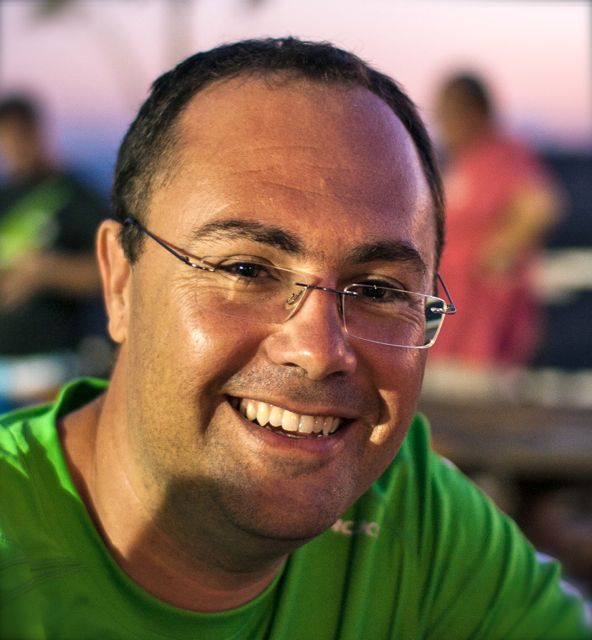
Shai Shalev-Shwartz is an associate Professor at the Rachel and Selim Benin School of Computer Science and Engineering, the Hebrew university of Jerusalem, Israel. Before joining the Hebrew university, he was a research assistant professor at Toyota Technological Institute at Chicago. Shai is the author of the book "Online Learning and Online Convex Optimization" and a co-author of the book "Understanding Machine Learning: From Theory to Algorithms". He has written more than 80 research papers, focusing on learning theory, online prediction, optimization techniques, and practical algorithms.
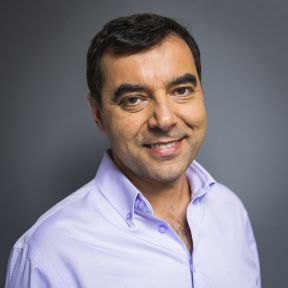
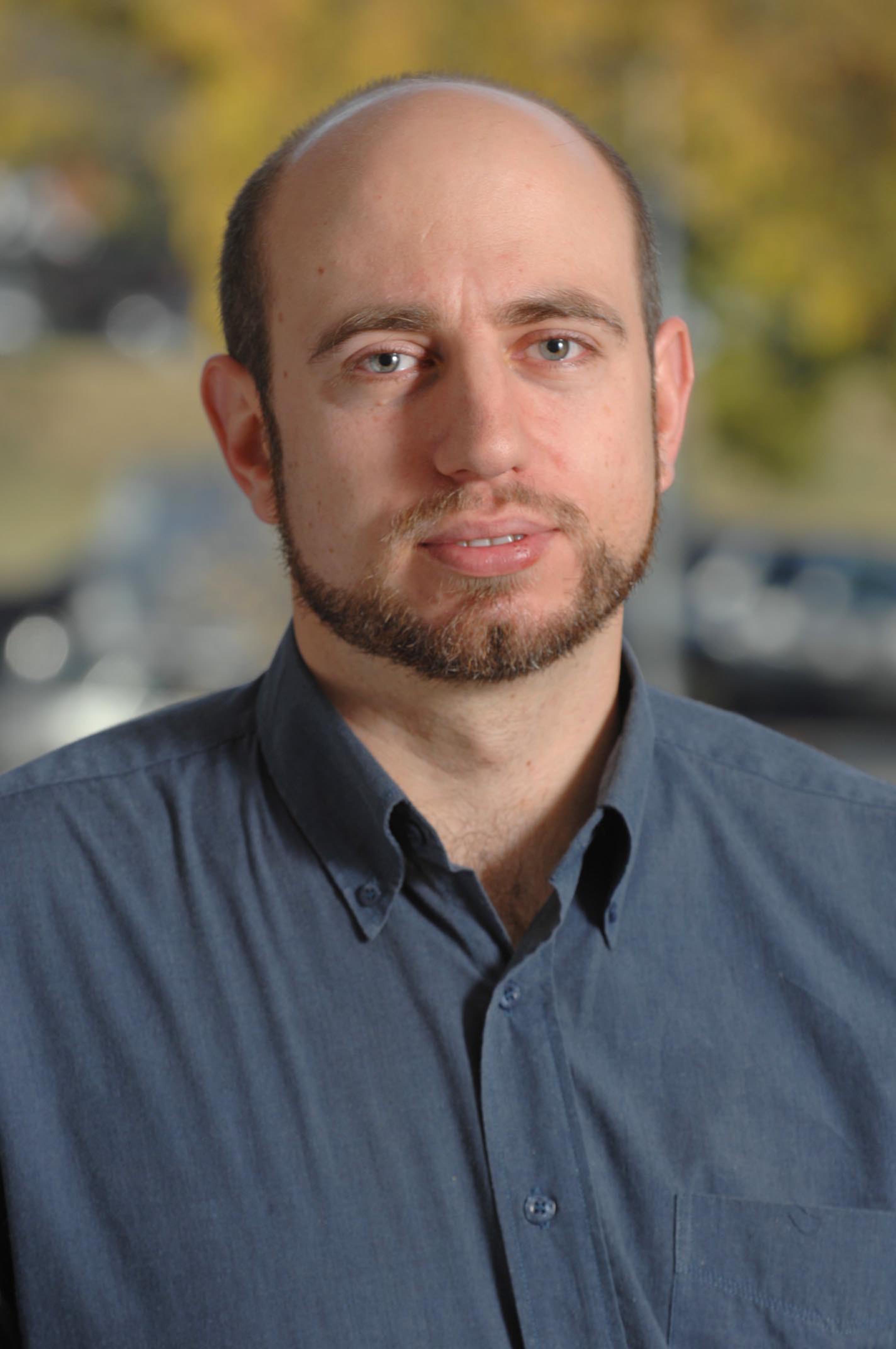
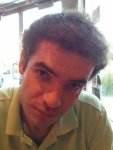
Ilya Sutskever received a PhD from the University of Toronto in 2012 under the supervision of Geoffrey Hinton. After a brief postdoctoral fellowship with Andrew Ng, he co-founded DNNResearch with Geoffey Hinton and Alex Krizhevsky, which was bought by Google for their pioneering work on visual object recognition. At present, he is part of the Google Brain Team where he works on research in neural networks and machine learning.

Yaniv Taigman graduated from Tel-Aviv University with a Masterís in Computer Science. During the time of starting his PhD research, he co-founded Face.com where he held the position of CTO. When Face.com was acquired by Facebook in 2012, he joined the office in Menlo Park where he currently leads research and engineering projects aimed at tagging media content, in particular faces in photos.